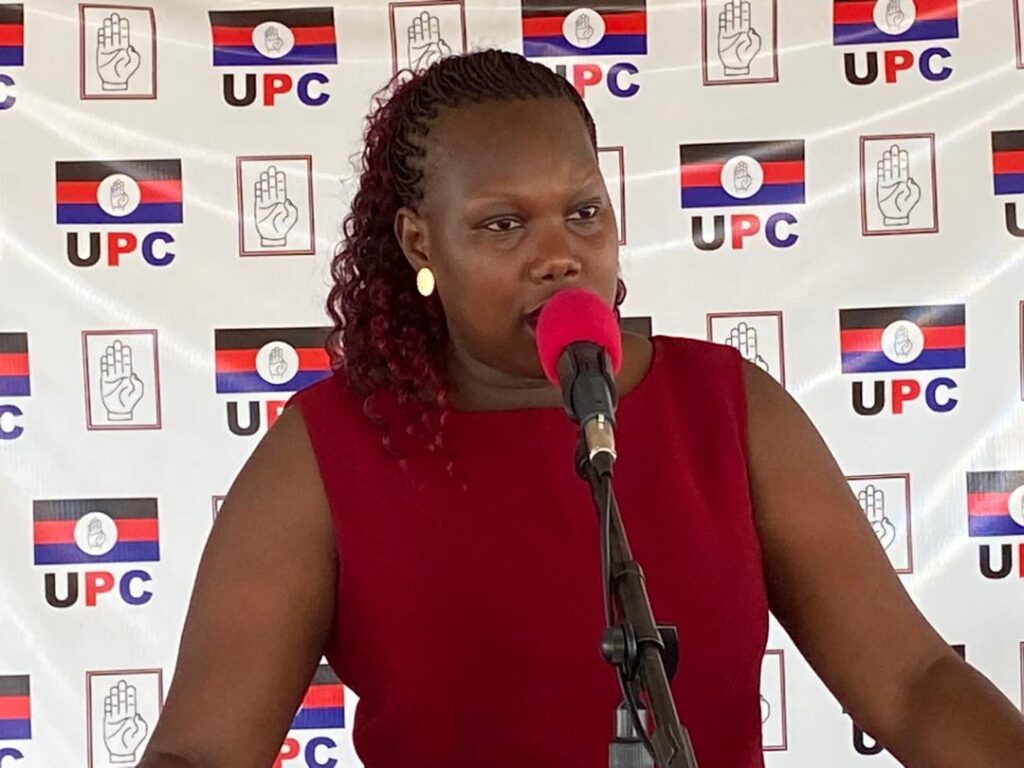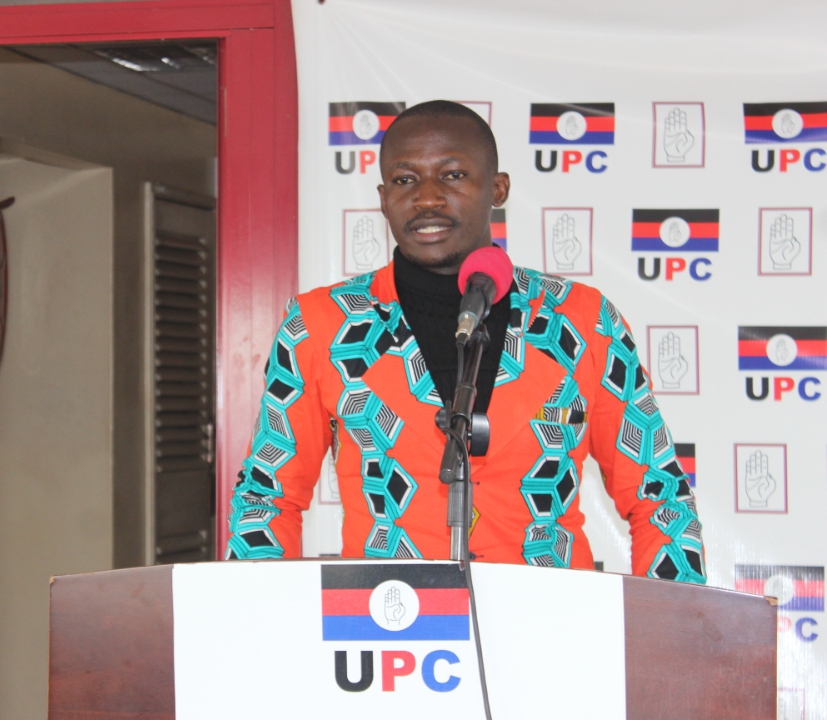
By Kakomo jumah
The opposition Uganda Peoples congress (UPC) has advised the government to enhance cotton growing across the country to enable the implementation of President Yoweri Kaguta Museveni Tibuhaburwa’s directive of banning the implementation of second hand clothes in the country.
Addressing the media on 30th of Wednesday this week at the party headquarters Kampala, the head of information and communication Faizo Muzeyi noted that all along, there have been attempts by Government of Uganda to ban the importation of second-hand clothes, which has never been materialized, but UPC has taken note of the latest presidential directive on the ban of second-hand clothes and recommends that it should be done in a phased manner for better preparations as well as allowing those dealing in that business to make good plans for business transition.
He says in order to make the presidential directive meaningful, there is need to enhance the growing of cotton that had been abandoned in the 1970s during Idi Amin’s reign, which was revived in the early 1980s and the original cotton belt that covered much of Eastern and Northern Uganda started taking shape. This is purposely to facilitate mass production of quality products like clothes and oil.
He adds that these initiatives are well documented in the recovery program that was implemented by the UPC led government of 1980-1985. The recovery of cotton industry involved giving attention to growing cotton as a cash-crop and this meant leading a campaign to the people to restart cotton growing by provision of cotton seeds and farming inputs such as fertilizers, pesticides, sprayers, hoes, Pangas and extension workers to undertake the direct supervision of farmers, rehabilitation and reconstruction of cotton ginneries and textile factories.

Muzeyi highlighted that this was later to be abandoned as the country opted for a private sector driven economy in the late 1980s and 1990s. The mother body of Lint Marketing Board that was headquartered at Farmers House along Parliamentary Avenue was disbanded alongside Lorries that had big labels of “grow more cotton”. The cotton ginneries equally remained unattended to. Thereafter, changes of land use occurred in the cotton belt and production of food crops like cassava, sweet potatoes, millet, sorghum, maize and beans took the lead.
“UPC emphasizes that the presidential directive should ideally lead to enhanced cotton growing with the distinct revival of the old cotton-belt as it offers the best physical and climatic conditions for cotton growing as well as abundant opportunities for development. Cotton and its by-products, like cooking oil, soap and cottonseed cakes have a ready market, and this goes with offering more employment opportunities in the long-run” he added.
The spokesperson of the party, Arach Oyat Sharon says that there is a need to draw experience from countries like Ghana which did not ban second hand clothes as such in 1980s-1990s, but invested heavily in local growing of cotton as the main stay for their textile industry while Uganda gave priority to importing textile materials, and with time, it was very hard to be competitive which led to the collapse of Apparels Tri-Star Uganda Ltd project under African Growth and Opportunity Act (AGOA) scheme and closure of the newly established textile factory in Bugolobi. This is an important experience to always reflect on and make perfections.

“UPC is advising the government to implement the ban of second-hand clothes in a phased manner as a substantial number of the citizenry is directly employed in the selling of second-hand clothes which has even improved their welfare” she added.
She says this means that it is one of the greatest employers which calls for rethinking where to re-channel those to be directly affected.
Oyat adds that equally, money lending institutions like Banks and SACCOs are caught in between the presidential directive as they have been extending loan facilities. Therefore, loan servicing and recovery mechanisms need to be considered. Landlords too are waiting for the rentals directly from those who deal in second hand clothes and have rented business premises. All this justifies the need for a phased and logical implementation of the presidential directive on ban of second-hand clothes without causing huge shocks.
She however disclosed that UPC is very much concerned about the quality of our products. Some of the second-hand clothes and shoes on the market are better and reliable than some new items hence the high demand for the used ones. Quality should be therefore ensured in every production we are dealing in as a country for us to be able to penetrate big markets. Indeed, by the 1960s, our textile products were finding a ready Market in Britain’s leading Supermarkets.
“Therefore the reality of Buy Uganda Build Uganda (BUBU) should help us recover the lost ground in the International market as a country” Oyat added.





